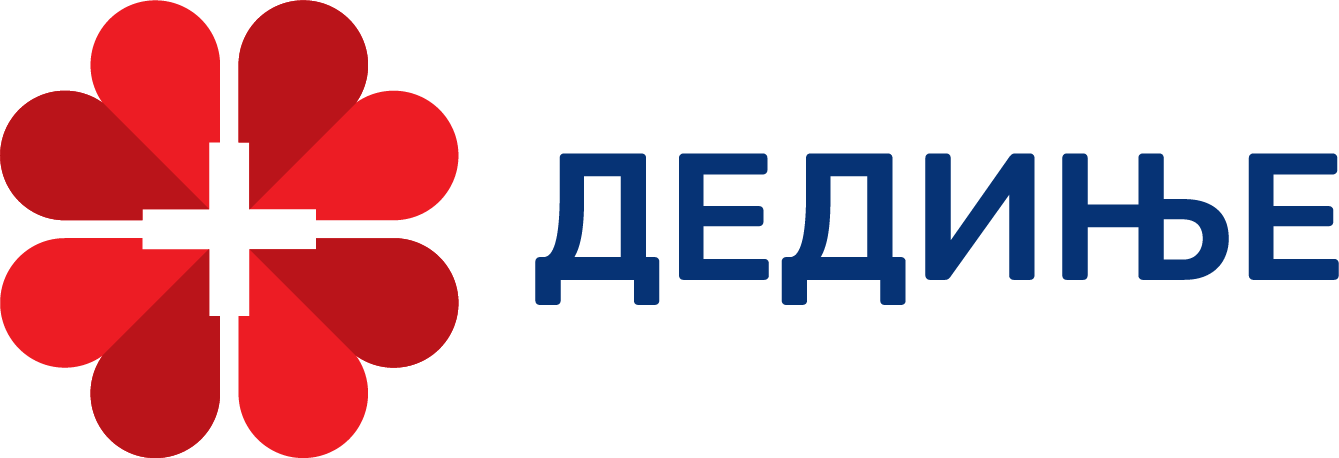Work at the Department
The invention of the heart-lung machine, which is also called the extracorporeal circulation machine, made it possible to perform operations on a stopped heart completely safely. One of the basic goals during a cardiac surgery procedure is to provide precise surgical work on a steady and bloodless heart, which is achieved by using extracorporeal circulation. The heart- lung machine is operated by perfusion technicians, who, in cooperation with anesthesiologists and cardiac surgeons, maintain the body’s vital functions. In addition to this basic role, during the cardiac surgery procedure perfusers also implement intraoperative heart and brain protection techniques, hemodiafiltration and immunoadsorption techniques, as well as conservation techniques, i.e. blood salvage in individual cases. Almost all advancements in cardiac surgery require new perfusion techniques. Teamwork with cardiac surgeons and anesthesiologists helped face the challenges of mechanical circulatory support, both short- term and the most complex long-term ones, including various pumps used as long-term forms of mechanical circulatory support.
List of procedures
- Taking over and maintaining heart and lung function (blood flow and blood pressure, oxygenation, CO2 elimination)
- Temperature regulation (body temperature, arterial and venous blood temperature, temperature of water in the heat exchanger, cardioplegia temperature)
- Regulation of fluid and electrolyte blood homeostasis
- Regulation of acid – base status
- Control of extracorporeal blood volume and performing necessary correction of its composition (transfusion, crystalloid solutions, colloidal solutions)
- Work with the blood salvage system and blood management
- Organoprotection – safe stopping and protection of the heart and protection of the brain during aortic surgery
- Monitoring ECC and taking timely reactions in terms of possible correction of perfusion parameters
- Hemofiltration (blood purification, simpler form of dialysis)
- Administration of anesthetics into ECC (using anesthetic gases inserted through the ECC)
- Mechanical circulatory support (IABP, ECMO, VAD, TAH), work with long-term systems which provide circulation when the heart is unable to meet the needs of the body due to insufficiency.
Instructions for patients
General information:
Working hours:
Required documentation:
Contact details
Telephone: 011/360 1725
Fax:
E-mail:

